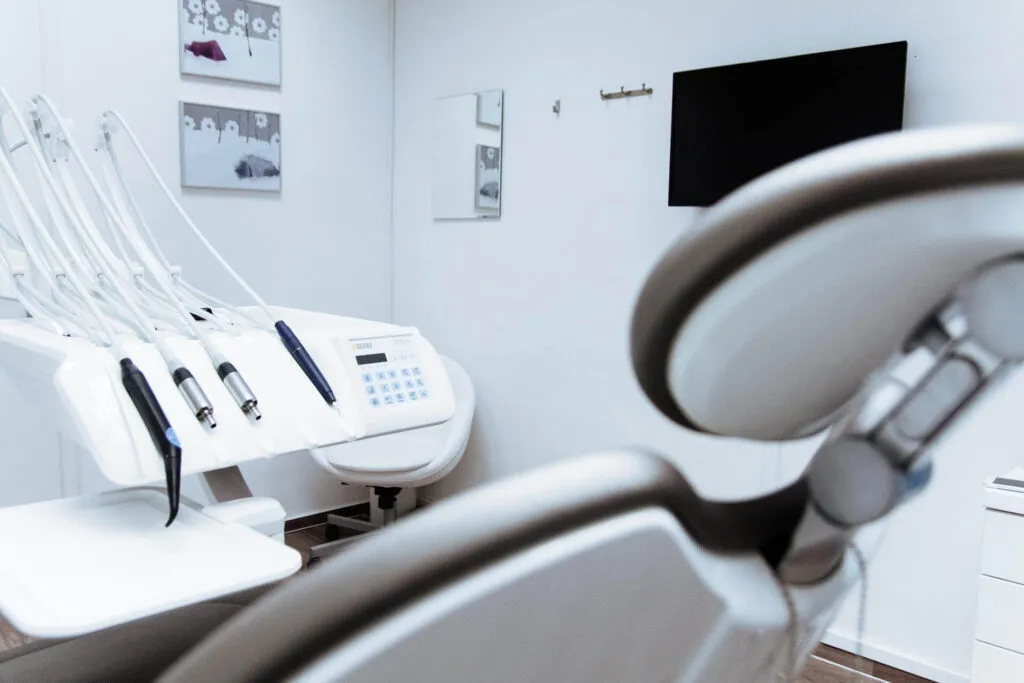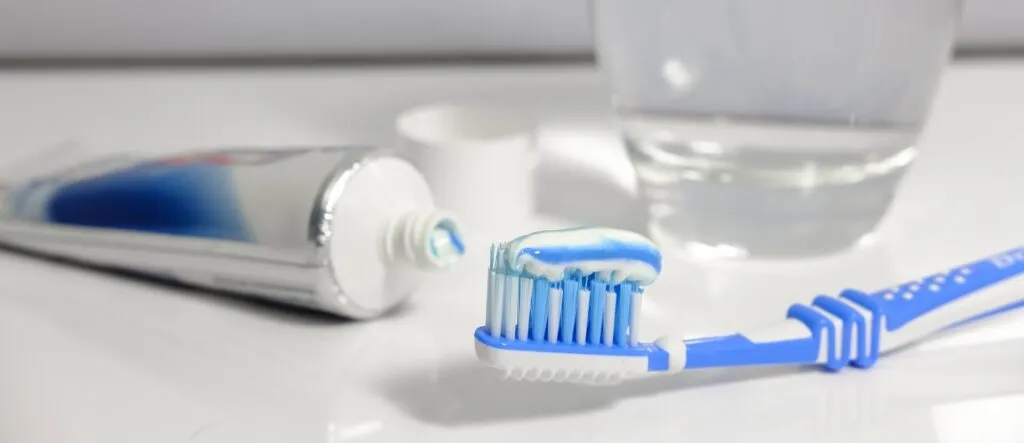If you’ve been noticing bumpy sensations or anything unusual in your mouth, you might want to consult a dentist. While it might not seem like the most urgent of concerns, mucous cysts can be quite dangerous, and can even lead to oral cancer if left untreated. In this blog, we’ll discuss the different types of mucous cysts, their symptoms, and the possible risks associated with them. We’ll also provide some tips on how to identify and treat them at home. So if you’re ever worried about the state of your mouth, be sure to give this blog a read!
What Is A Mucous Cyst?
A Mucous cyst is a benign (harmless) fluid-filled sac that can form in the mouth, usually on the inside of the lip, however, they have been known to form in other parts of the mouth as well. The cause for mucous cysts usually involves trauma of some kind to the mouth or salivary gland blockage. These cysts are also the most common non-cancerous salivary gland lesions.Even though the most common area for development is on the inside of the lips, they can form on the gums, the roof of the mouth, or even under the tongue. The reason the form on the lip most often is due to people biting the lip, either accidentally, or on purpose. This can be traumatic enough for the cyst to form. When these cysts form on the roof of the mouth, however, they are known as "ranulas". Ranulas are typically more common in older patients and can impact speech, swallowing, as well as breathing, if they are large enough.

Mucous Cyst – What Does It Look Like?
- Painless
- Movable
- Soft
- Round or dome-shaped
- Translucent with a red, pink, or blue tinge
- 2 to 10 mm in size
If you have a ranula, it may appear as a cup-shaped, bluish-colored swelling. Ranulas will usually be larger than other mucoceles and they can even be as large as 7 centimeters in diameter!
Mucous Cyst – Symptoms
What Can Cause Mucous Cysts?
- Cheek biting
- Cheek or lip piercings
- Rupture of a salivary gland
- Friction from teeth
- Poor dental hygiene

Should You See A Dentist?
Diagnosis Of A Mucous Cyst
A dentist will want to know if it is a benign cyst or something more malignant like cancer. To properly assess this, they will most likely ask you if you are prone to lip biting, and they will also take a biopsy of the cyst. The sample will then be taken to a lab to be analyzed.
Mucous Cyst – Treatment Options
Even though these cysts may cause you discomfort, they generally don’t require any clinical treatment and will often resolve on their own. The healing time for a mucous cyst is usually around 8 weeks. If you notice it lasting longer than 2 months, you should consider making a dentist appointment to get it looked at. You should never consider draining a cyst, or treating it on your own, as you could cause damage. If you have recurring cysts, there are specific treatments you can get, these are:
- Laser therapy – A high-powered beam of light is used to remove the cyst.
- Cryotherapy – Liquid nitrogen will be used to freeze the cyst, destroying the mucocele.
- Intralesional corticosteroid injection – These injections reduce inflammation and promote healing.
